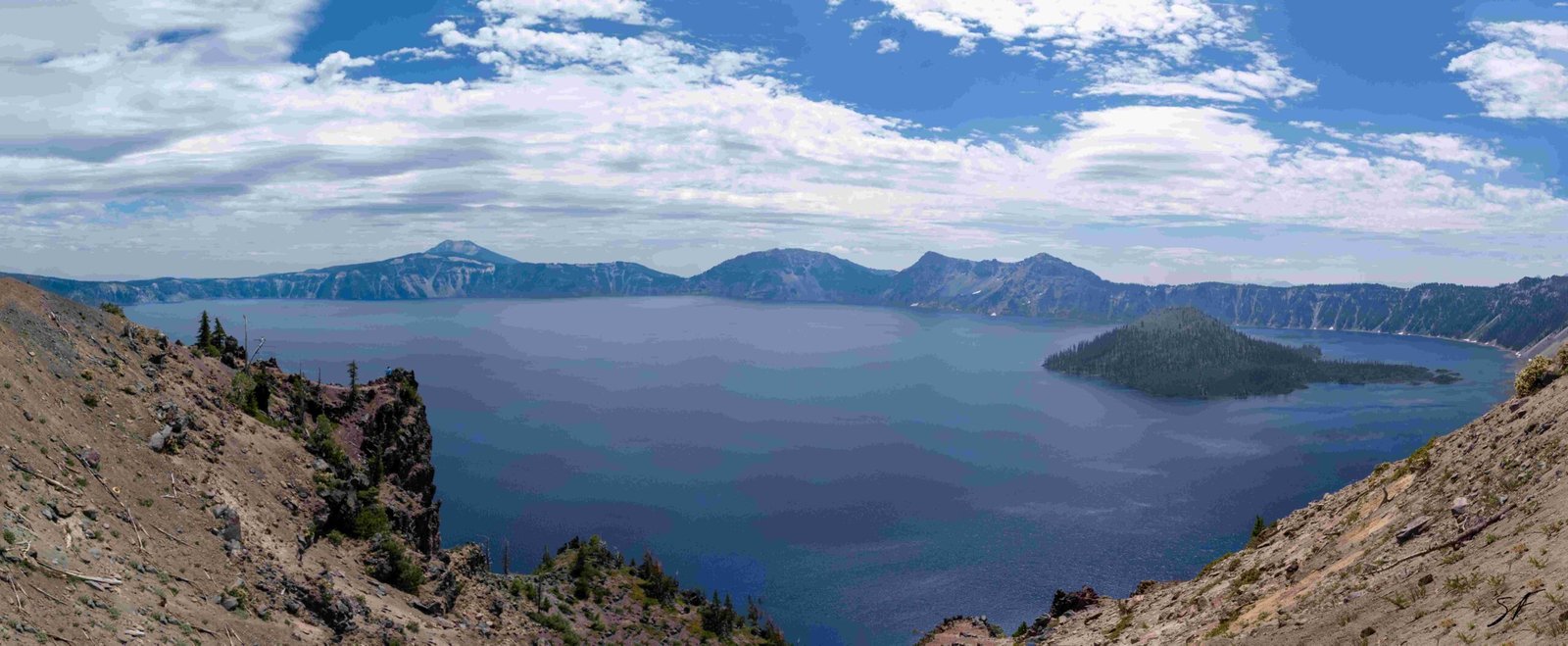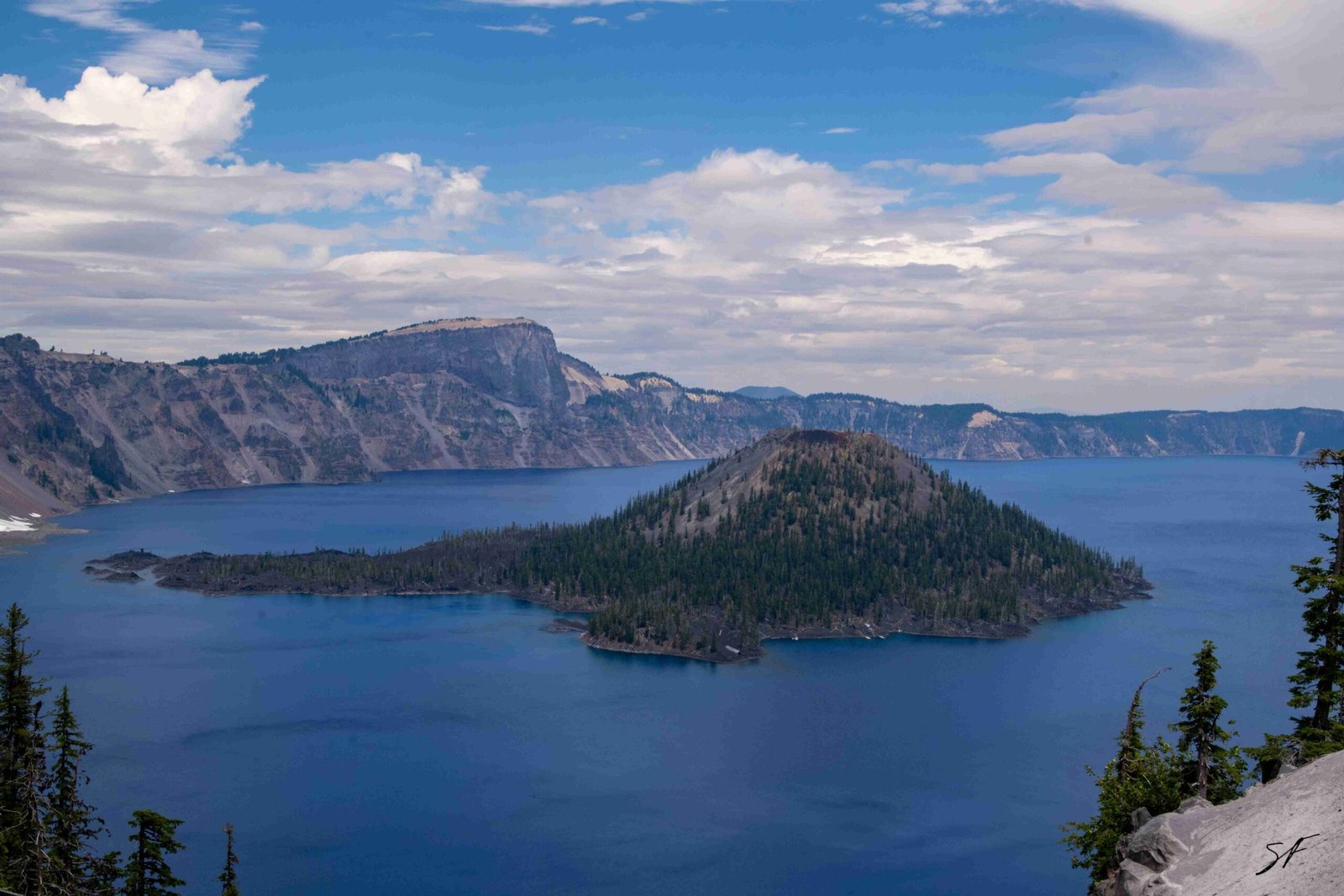Crater Lake, a pristine natural wonder in Oregon, presents an intriguing question for visitors and nature enthusiasts: is Crater Lake drinkable? While the lake boasts exceptional water clarity and minimal contamination, understanding its water quality requires a nuanced exploration of scientific monitoring, potential risks, and recommended consumption practices.
What Makes Crater Lake Water Unique?

Crater Lake represents one of the purest water bodies in North America, formed by volcanic activity and isolated from external water sources. Its remarkable characteristics include:
- Exceptional Clarity: Water visibility extends nearly 100 feet deep
- Minimal External Contamination: Protected within national park boundaries
- Geological Isolation: No rivers or streams directly enter or exit the lake
Can You Safely Drink Crater Lake Water?
| Water Quality Parameter | Measurement | Safety Level |
|---|---|---|
| pH Level | 7-8 | Excellent |
| Turbidity | Extremely Low | Very Safe |
| Microbial Presence | Minimal | Low Risk |
Direct Consumption Risks
While Crater Lake’s water appears pristine, direct consumption without treatment is not recommended. Potential microscopic risks include:
- Potential bacterial microorganisms
- Trace mineral variations
- Undetected environmental contaminants
How Should Visitors Approach Water Consumption?
Experts recommend the following water treatment methods:
- Boiling: Most reliable method
- Bring water to rolling boil for 3-5 minutes
-
Kills 99.9% of potential pathogens
-
Filtration Techniques
- Use 0.2-micron filters
- Portable water purification systems
- Chemical treatment tablets
What Do Scientific Monitoring Reports Reveal?
National Park Service conducts regular water quality assessments, revealing:
- Consistent pH stability
- Minimal chemical contamination
- Robust ecological balance
- No significant human-induced pollution
Are There Historical Incidents of Water-Related Health Issues?
Extensive research and park records demonstrate:
- Zero documented mass illness events
- No significant health warnings
- Continuous monitoring since park establishment
Recommended Best Practices
- Always carry portable water filtration
- Use park-provided water stations
- Consult ranger stations for current water conditions
- Avoid direct lake water consumption
Technical Water Composition Insights
Elemental Breakdown:
– Predominant minerals: Calcium, Magnesium
– Low heavy metal concentration
– Minimal organic compound presence
Expert Recommendations

Professional hydrologists and park rangers unanimously suggest:
– Treat lake water before consumption
– Prioritize safety over spontaneous drinking
– Appreciate water’s aesthetic qualities
Conclusion
While Crater Lake represents an extraordinary natural reservoir, visitors should exercise caution. The lake’s water, though remarkably pure, requires standard treatment protocols to ensure safe consumption.
Reference:
– National Park Service Water Quality Report
– USGS Geological Survey
– Oregon State Environmental Monitoring

